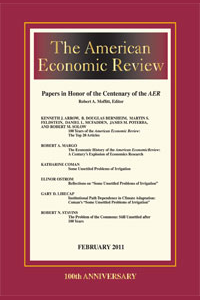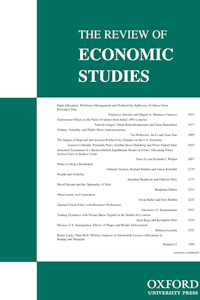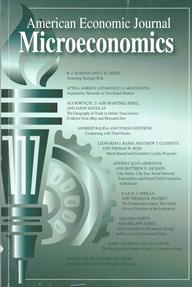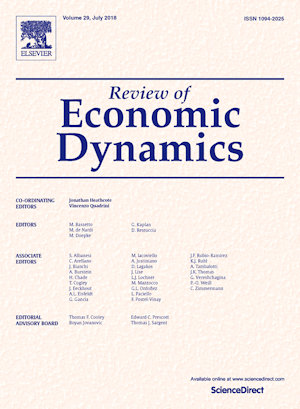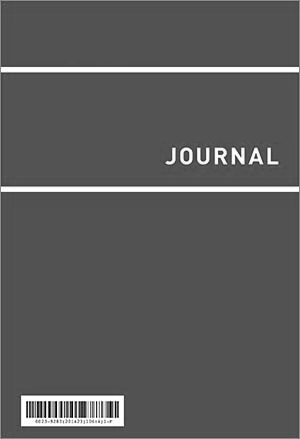
Bateman, M., Chang, H. J.
Microfinance and the illusion of development: from hubris to nemesis in thirty years
World Economic Review
Vol. 1(1) pp. 13-36 (2012)
Abstract: The contemporary model of microfinance has its roots in a small local experiment in Bangladesh in the early 1970s undertaken by Dr Muhammad Yunus, the US-educated Bangladeshi economist and future 2006 Nobel Peace Prize co-recipient. Yunus’s idea of supporting tiny informal microenterprises and self- employment as the solution to widespread poverty rapidly caught on, and by the 1990s the concept of microfinance was the international development community’s highest-profile and most generously funded poverty reduction policy. Neoclassical economic theorists and neoliberal policy-makers both fully concurred with the microfinance model’s celebration of self-help and the individual entrepreneur, and its implicit antipathy to any form of state intervention. The immense feel-good appeal of microfinance is essentially based on the widespread assumption that simply ‘reaching the poor’ with a tiny microcredit will automatically establish a sustainable economic and social development trajectory, a trajectory animated by the poor themselves acting as micro-entrepreneurs getting involving in tiny income- generating activities. We reject this view, however. We argue that while the microfinance model may well generate some narrow positive short run outcomes for a few lucky individuals, these positive outcomes are very limited in number and anyway swamped by much wider longer run downsides and opportunity costs at the community and national level. Our view is that microfinance actually constitutes a powerful institutional and political barrier to sustainable economic and social development, and so also to poverty reduction. Finally, we suggest that continued support for microfinance in international development policy circles cannot be divorced from its supreme serviceability to the neoliberal/globalisation agenda.
JEL Codes: O10
Author links:
Publisher's Link: http://wer.worldeconomicsassociation.org/article/view/37 ![]()

